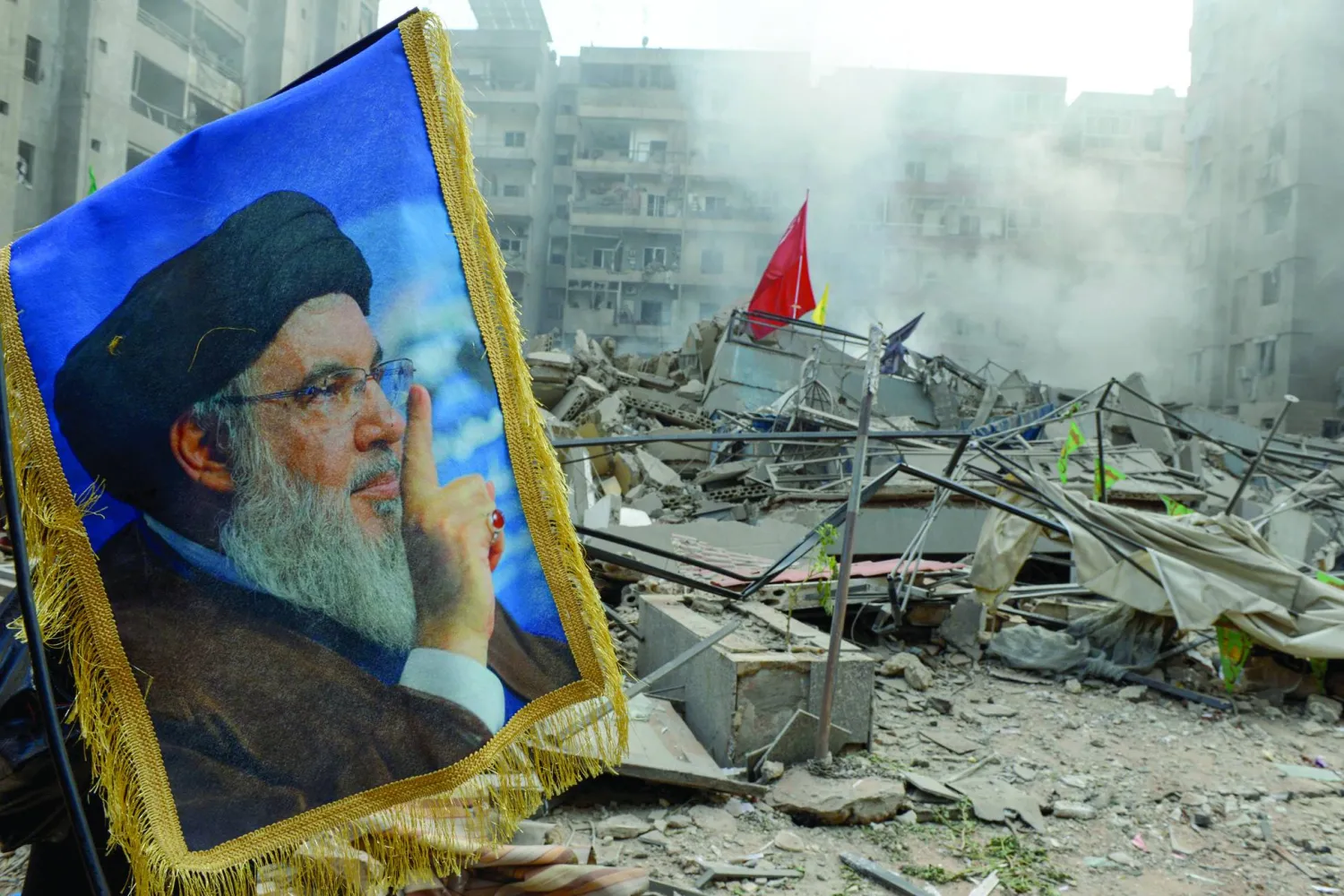Mudar Badran, a retired former Jordanian intelligence director, head of the royal court, and prime minister, will be buried on Sunday. He withdrew from political work in the early 1990s and remained committed to a tradition of silence, staying out of the limelight and positions.
He was born in Jerash, Jordan, in 1934. Badran completed his secondary education in Karak in 1951, then he moved to Damascus University to study law.
After returning to Amman in 1956, he joined the Jordanian Armed Forces (Arab Army) as an officer in the Justice Consultative before moving to the General Investigation Department.
In 1964, he and his colleagues were chosen to establish the intelligence agency, where he drafted its laws and became the Assistant Director for External Affairs. He assumed the position of the agency’s head in 1968, shortly before the Battle of Karameh.
In the early 1970s, Badran was appointed as a security advisor to the late King Hussein and the Secretary-General of the Royal Court.
He was shot in the hand during the infamous events of Black September, also known as the Jordanian Civil War, and the effects of the injury remained with him until his death. He left the country for treatment in Beirut, then went to London at that time.
In 1973, during the formation of Zaid Al Rifai’s first government, the late King Hussein asked Badran to join the government as Minister of Education, and he accepted.
During his tenure, he prioritized building schools, increasing teachers' salaries, and sending high school students abroad to become teachers in remote areas.
At the beginning of 1976, the late King Hussein appointed Badran as the head of the Royal Court.
Months later, he was called upon to form the first government, and until 1979, Badran was able to establish strategic infrastructure projects, which he chose to be national projects in sustainable development fields.
After refusing to engage in direct negotiations with Israel, citing their unwillingness to grant the Palestinians land and statehood, Badran retired from political work in June of 1992.









